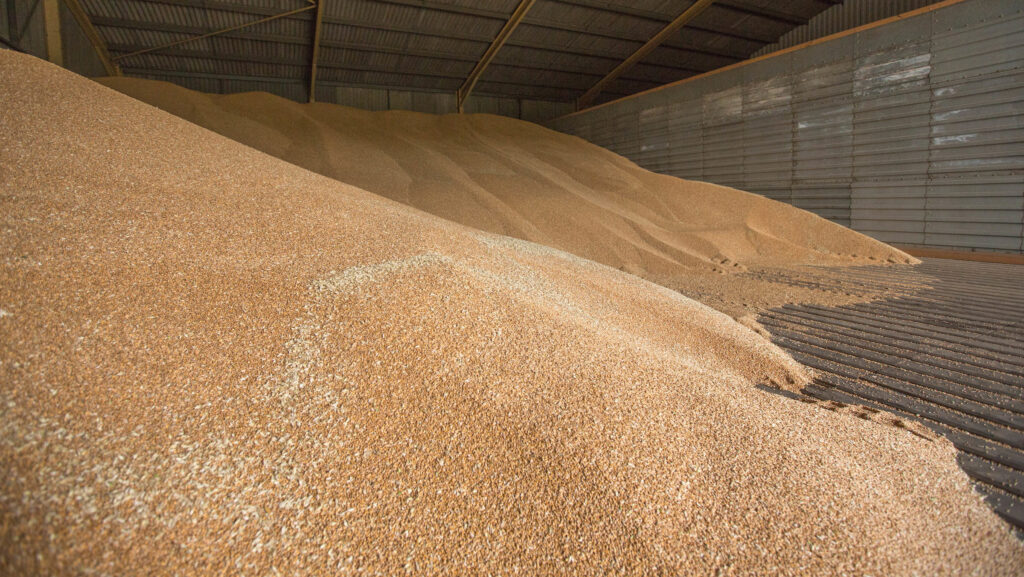Feed wheat extends premium to £31/t over feed barley
 © Tim Scrivener
© Tim Scrivener Livestock finishing units looking for a cheaper feed alternative may be tempted to increase barley usage as part of the ration.
Ex-farm prices collected by Farmers Weekly midweek put feed barley at £149/t, a £31.50 discount to feed wheat.
This compares to a discount of just £17/t during the same week last year.
See also: Poor UK harvest increases reliance on imported grains
Feed wheat has generally been favoured over barley in animal feed due to its higher energy and protein content, but the widening gap has made feed barley a more cost-effective substitute for some blends.
Grain analysts at CRM AgriCommodities said the price gap was at its widest point in the past two years, and reflected how differently wheat and barley crops had fared this harvest.
The lower price point is also partially due to reduced barley usage by UK brewers, maltsters and distillers, with volumes dropping by 8% based on the first two months of the 2024-25 crop year.
Merchants at ADM say there has been “elusive demand” and no significant interest from consumers in malting markets, leading to limited farmer selling at current low prices.
Figures from Frontier Agriculture indicate that only 75,000t of barley have been exported so far this season.
Traders at the firm suggested that an increased supply of good-quality spring barley had led to poor premiums, and made malting barley more competitive in export markets than feed barley.
Meanwhile, wheat markets have remained relatively stable, with UK feed wheat futures opening at £183.45/t on 23 October for the November contract.
External drivers
Russian consultancy firm SovEcon has cut the Russian wheat crop estimate for 2025 to 80.1m tonnes, well below the average of 88.1m tonnes and potentially at the lowest level in four years.
Weather concerns for crops in Argentina and Australia could also offer some additional support to global grain markets.
